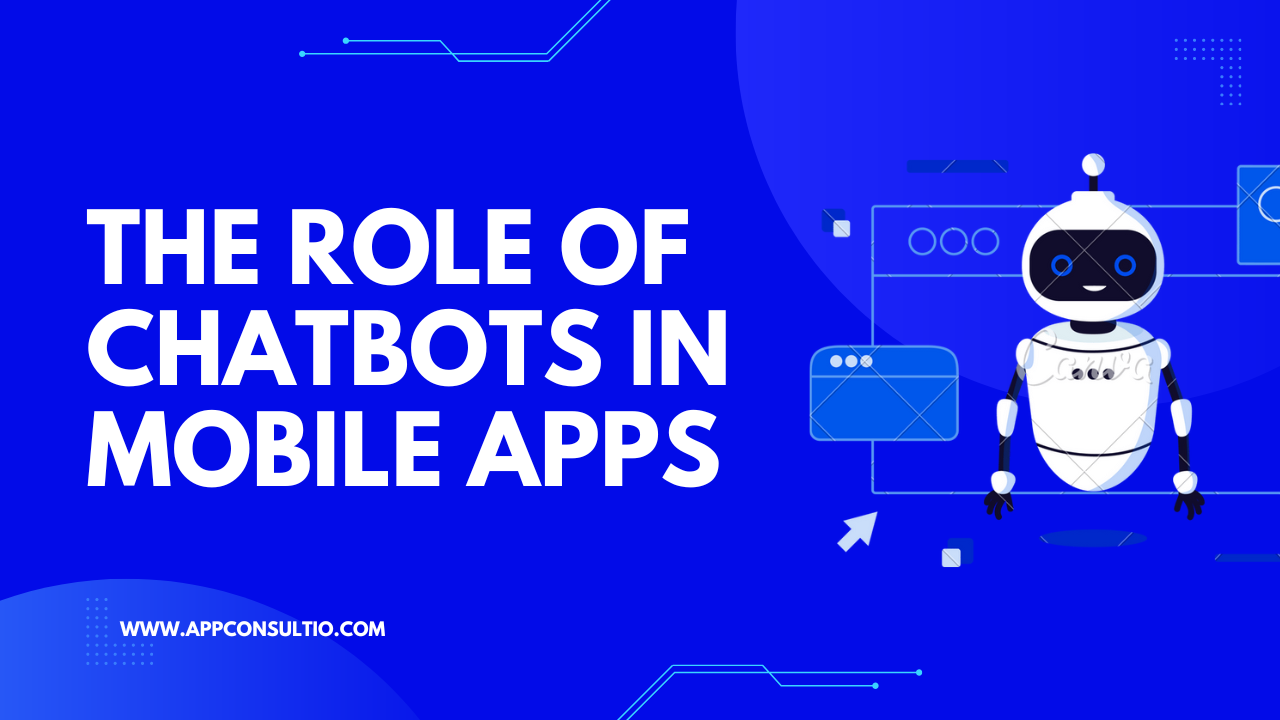
Chatbots have become essential tools in mobile app development, changing how businesses connect with users. These AI-powered virtual helpers offer instant, personalized communication that makes using apps easier. They fit right into mobile apps, quickly answering questions, providing all-day customer support, and making users more engaged.
Beyond helping customers, chatbots act as smart guides. They assist users through tricky tasks and help them find what they need. They understand what users mean and suggest things that match, making apps easier to use and keeping users happy. Also, chatbots gather info about how users act and what they like, helping businesses learn more.
From shopping to money matters, chatbots are handy. They help buy things, give advice on products, and even process orders. They learn and get better at talking to users, which keeps people coming back. As apps change, chatbots will play an even bigger role in making sure using apps is smooth, helpful, and all about users.
chatbot's planned design functions as an Android application based on a client-server model. The role of the Android mobile application is to serve as the user interface, while the bot's learning and responses will be managed by the server.
Android-
Our Android app will do two main things: take what you say and show what the bot replies. If you don't have an account, you'll need to sign up. If you do, you'll log in. When you sign up, you'll share your name, phone number, and email. The bot will use your name to talk to you. Your phone number and email are for safety. The bot will talk in different ways depending on how you're feeling. After you log in, you'll see a chat screen. The bot will say hi to show it's ready. Then you can start chatting with your virtual friend!
Server-
Think of the server as the brainy part where the real work happens. When you type things in the app, they go to the server. The server uses a special kind of learning called Recurrent Neural Network (RNN) to figure out what you mean and comes up with answers.
Imagine RNN like a clever student that's good at understanding steps. It's really helpful for things like chatting because it remembers what you said before and uses that to understand what you're saying now.
For our chatbot, we use a special RNN called Sequence to Sequence (Seq2Seq). It's like teamwork – one part listens to you (encoder), turns your words into a code. The other part (decoder) takes that code and makes it into a useful answer. This teamwork helps the chatbot understand and reply to you like a helpful friend.
Future of Chatbot -
As technology gets better, chatbots in mobile apps will get smarter too. They'll understand not just what you say, but how you feel and what you mean. This will make talking to them feel even more like talking to a real person, making the app experience better.
To sum up, chatbots have changed how we use apps. They help us quickly, make things just for us, and do tasks automatically. Businesses and app makers use chatbots a lot to make sure we have a great time using their apps. And as technology gets even better, chatbots will keep getting cooler, changing apps and making them even more amazing.
The role of chatbots in mobile apps –
Conclusion –
In the world of mobile apps, chatbots have become essential tools, transforming how businesses interact with users. These AI-powered helpers provide quick, personalized communication, enhancing app usability. They act as smart guides, making tasks easier and keeping users engaged. From customer support to personal assistance, chatbots simplify interactions, making apps more user-friendly. As technology advances, chatbots will continue to shape the future of mobile apps, ensuring smoother, more engaging, and user-centric experiences.